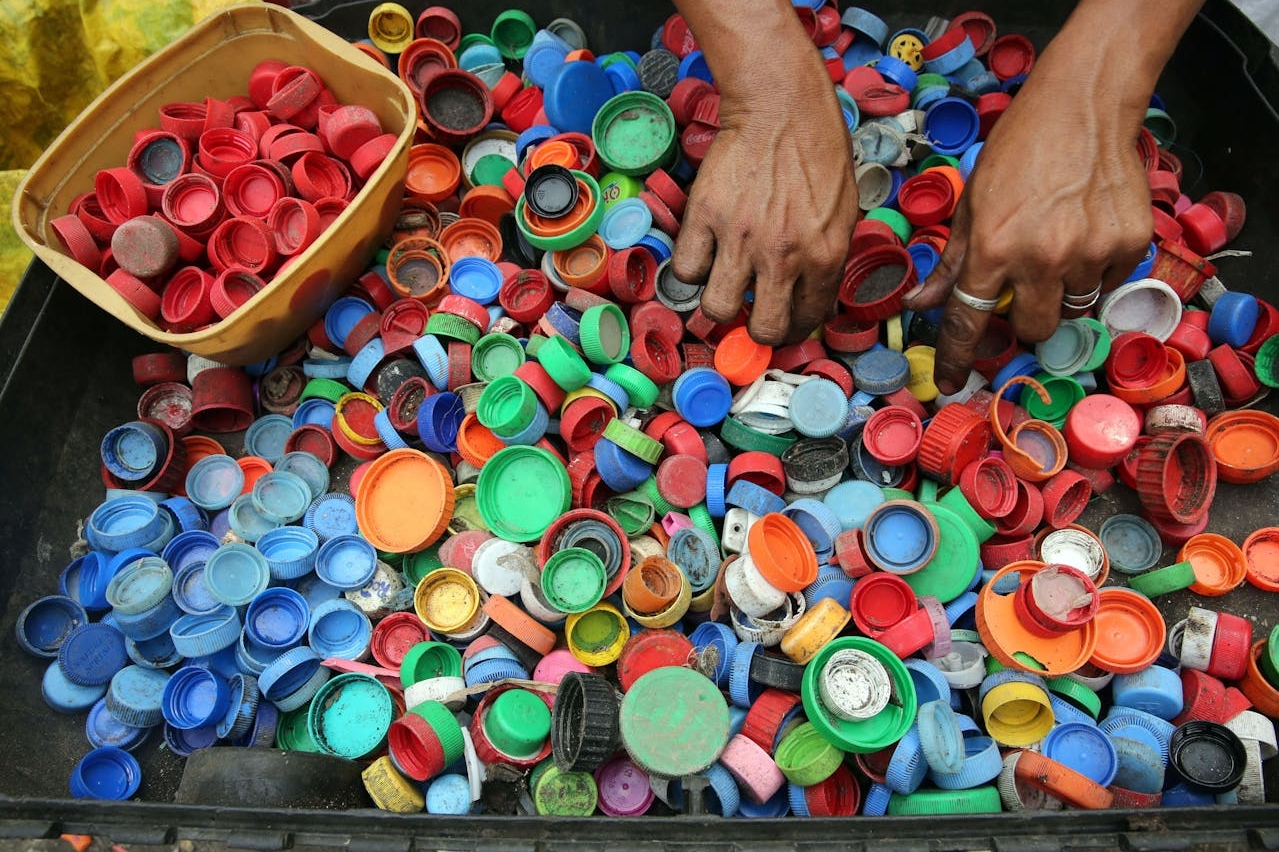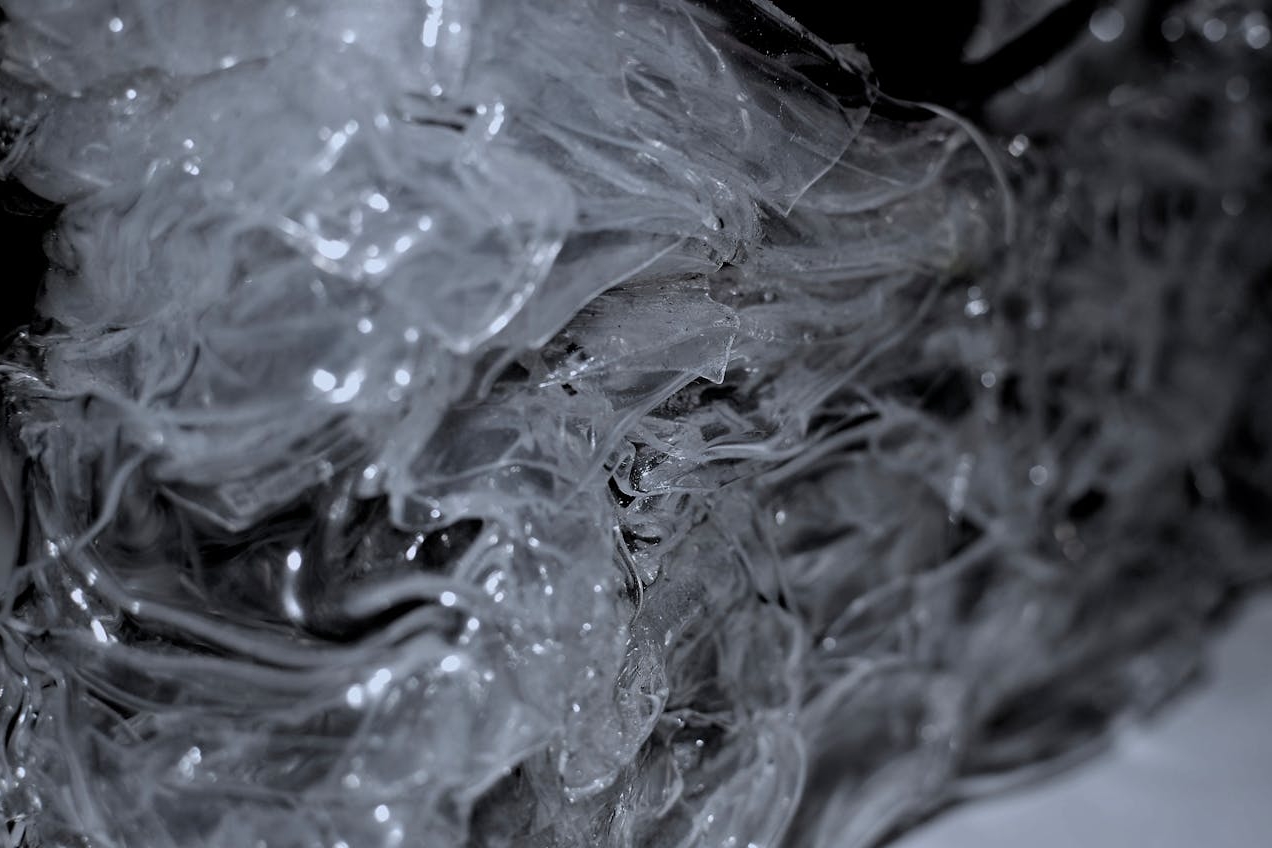As the global demand for PVC pellets continues to rise, manufacturers in India are increasingly looking to export their products to the USA, one of the largest markets for PVC materials. However, navigating the complex web of regulations and standards governing PVC pellet imports into the USA can be daunting. In this blog post, we provide insights into the key compliance considerations for Indian PVC pellet exporters looking to enter the US market and ensure smooth and successful transactions.
Understanding Regulatory Frameworks: Exporting PVC pellets to the USA requires compliance with various regulations and standards enforced by governmental agencies such as the Environmental Protection Agency (EPA), the Food and Drug Administration (FDA), and the Consumer Product Safety Commission (CPSC). These regulations cover aspects such as chemical composition, safety standards, labeling requirements, and environmental impact assessments. Indian exporters must familiarize themselves with these regulatory frameworks to ensure their products meet US import requirements.
Chemical Composition and Toxicity: One of the primary concerns for PVC pellet exporters is ensuring compliance with regulations related to chemical composition and toxicity. The USA has stringent regulations governing the use of chemicals in PVC materials to protect human health and the environment. Indian exporters must ensure that their PVC pellets meet the specified limits for toxic substances such as phthalates, lead, cadmium, and other hazardous chemicals. Conducting thorough testing and obtaining relevant certifications can help demonstrate compliance with US regulations.
Safety Standards and Performance Requirements: US regulators impose strict safety standards and performance requirements for PVC pellets used in various applications, including construction, automotive, and consumer goods. Indian exporters must ensure that their PVC pellets meet these standards to gain market acceptance and avoid potential liability issues. Compliance with standards such as ASTM International, UL (Underwriters Laboratories), and ANSI (American National Standards Institute) is essential for demonstrating product safety and performance.
Labeling and Documentation Requirements: Proper labeling and documentation are critical for PVC pellet exports to the USA. Indian exporters must ensure that their products are accurately labeled with relevant information, including product specifications, composition, safety warnings, and compliance certifications. Additionally, exporters must maintain comprehensive documentation, including test reports, certificates of analysis, and compliance documentation, to facilitate customs clearance and regulatory inspections.
Environmental Impact Assessments: Environmental considerations are increasingly important in global trade, with regulators focusing on the environmental impact of PVC production and disposal. Indian PVC pellet exporters must assess and mitigate the environmental impact of their products, including energy consumption, emissions, waste generation, and recycling capabilities. Compliance with environmental regulations, such as the Toxic Substances Control Act (TSCA) and the Resource Conservation and Recovery Act (RCRA), is essential for gaining market acceptance in the USA.
Conclusion: Compliance with regulations and standards is paramount for Indian PVC pellet exporters seeking to enter the US market. By understanding and adhering to regulatory requirements related to chemical composition, safety standards, labeling, documentation, and environmental impact assessments, Indian exporters can ensure their PVC pellets meet US import requirements and gain market acceptance. Collaboration with regulatory experts, testing laboratories, and trade associations can help exporters navigate the complexities of regulatory compliance and achieve success in the US market.




